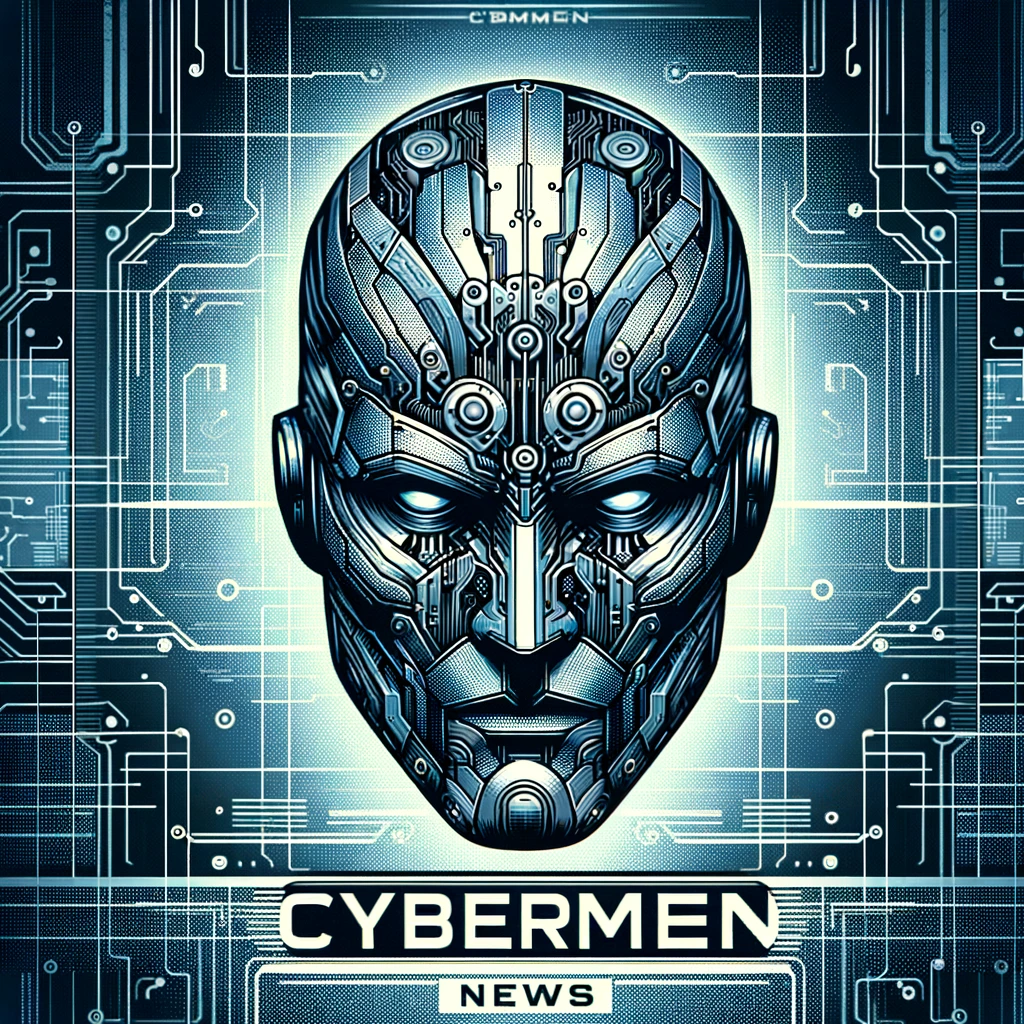The United Nations is raising significant concerns about the rapid development and potential deployment of autonomous weapons systems (AWS), commonly referred to as “killer robots.” Highlighting the urgent need for global regulation, the U.N. emphasizes the ethical, legal, and security dilemmas posed by these AI-driven machines capable of executing lethal operations without human intervention.
U.N. Expresses Concern Over Killer Robots: Autonomous Weapons Systems
The concept of fully autonomous killer robots is no longer relegated to the realm of science fiction. The United Nations, recognizing the impending reality of autonomous weapons systems on the battlefield, has voiced deep concerns about the ethical and legal implications of their use. These systems, powered by sophisticated AI, have the potential to select and engage targets without any human oversight, raising unprecedented questions about accountability, civilian protection, and the risk of an uncontrolled arms race.
Bonnie Docherty, a senior arms researcher at Human Rights Watch and a lecturer at Harvard Law School, has been at the forefront of advocating for strict international laws to govern the use of such technology. Docherty’s work emphasizes the critical importance of maintaining meaningful human control over life-and-death decisions in conflict situations.
The primary concern revolves around the capability of these systems to distinguish between combatants and non-combatants, a fundamental principle of international humanitarian law. Critics argue that existing algorithms cannot reliably make such distinctions, which could lead to indiscriminate killing and potential war crimes.
The U.N.’s recent assembly witnessed a growing consensus among member states on the necessity to preemptively establish a regulatory framework for AWS. While some countries advocate for a total ban, others call for stringent controls to ensure that all autonomous operations are subjected to ethical and legal scrutiny.
Despite the urgency, the international community faces significant challenges in reaching a consensus. The dual-use nature of AI technology, beneficial for civilian purposes but potentially devastating in military applications, complicates the regulatory debate. Furthermore, the pace of technological advancement in AI and robotics outstrips the slow process of diplomatic negotiation and treaty formulation.
Why It Matters
The debate over killer robots and autonomous weapons systems touches on fundamental questions about the future of warfare, international security, and human rights. The ability to preemptively regulate or ban AWS could set a precedent for how humanity governs emerging technologies that pose existential risks.
Potential Implications
The decisions made today regarding killer robots could dictate the terms of global security for generations to come. Successful regulation may prevent an arms race in AWS, safeguard civilian lives in conflict zones, and preserve the integrity of international humanitarian law. Conversely, failure to act could lead to a new era of warfare, characterized by unpredictable, AI-driven conflicts with potentially catastrophic consequences.
Source: Harvard Gazette


